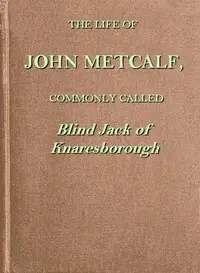"George Eliot" by Mathilde Blind is a book that shares the life story of Mary Ann Evans, who wrote under the name George Eliot, looking at her path through the writing world, the things that inspired her, her difficulties, and the problems she faced as a woman writer when most writers were men. It explains how what happened to her in her life affected her famous books, which had different characters and ideas about life in the English countryside and complicated feelings. The book starts by telling readers that it wants to explain George Eliot’s life, especially since not much has been written about her. Blind explains how she researched the book, including talking to Eliot’s family and friends, which makes the story more interesting with special stories and details. Mathilde Blind points out Eliot’s opinions about women's intelligence and artistic abilities. Blind suggests as well that this book will further explore Eliot's childhood in Warwickshire and demonstrate how her experiences with friendships affected her development and growth as a writer. This all makes the reader want to learn more about how Eliot changed from a girl into an important writer in the Victorian times.

George Eliot
By Mathilde Blind
Discover the extraordinary life of a groundbreaking female author who defied societal norms to become a literary giant in Victorian England.
Summary
About the AuthorMathilde Blind, was a German-born English poet, fiction writer, biographer, essayist and critic. In the early 1870s she emerged as a pioneering female aesthete in a mostly male community of artists and writers. By the late 1880s she had become prominent among New Woman writers such as Vernon Lee, Amy Levy, Mona Caird, Olive Schreiner, Rosamund Marriott Watson, and Katharine Tynan. She was praised by Algernon Charles Swinburne, William Michael Rossetti, Amy Levy, Edith Nesbit, Arthur Symons and Arnold Bennett. Her much-discussed poem The Ascent of Man presents a distinctly feminist response to the Darwinian theory of evolution.
Mathilde Blind, was a German-born English poet, fiction writer, biographer, essayist and critic. In the early 1870s she emerged as a pioneering female aesthete in a mostly male community of artists and writers. By the late 1880s she had become prominent among New Woman writers such as Vernon Lee, Amy Levy, Mona Caird, Olive Schreiner, Rosamund Marriott Watson, and Katharine Tynan. She was praised by Algernon Charles Swinburne, William Michael Rossetti, Amy Levy, Edith Nesbit, Arthur Symons and Arnold Bennett. Her much-discussed poem The Ascent of Man presents a distinctly feminist response to the Darwinian theory of evolution.

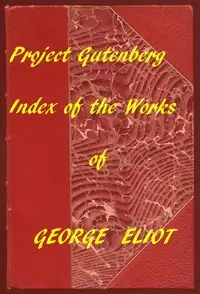
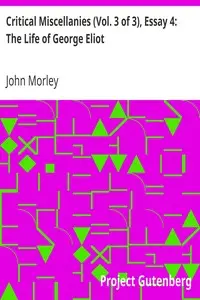
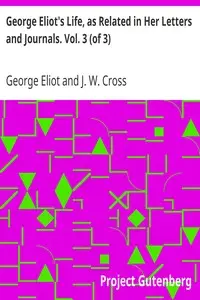
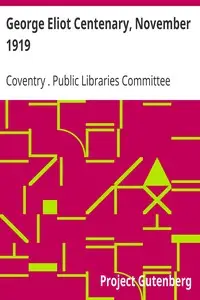
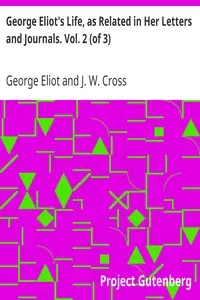
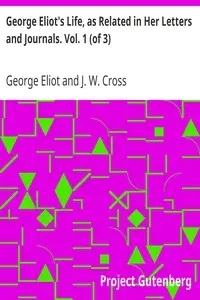
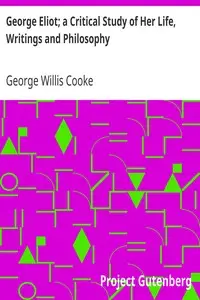

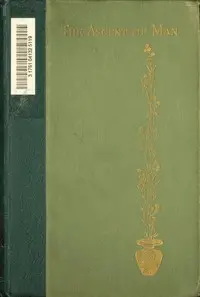
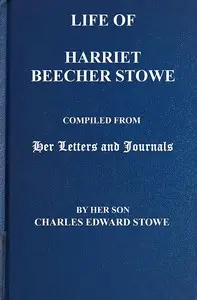
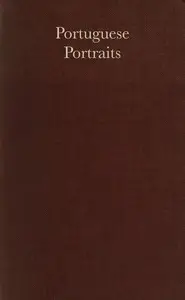
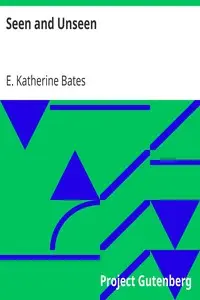
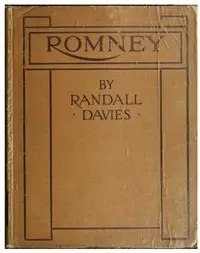
![Memoirs of Benjamin Franklin; Written by Himself. [Vol. 2 of 2]
With his Most Interesting Essays, Letters, and Miscellaneous Writings; Familiar, Moral, Political, Economical, and Philosophical, Selected with Care from All His Published Productions, and Comprising Whatever Is Most Entertaining and Valuable to the General Reader by Benjamin Franklin](https://cdn.a2-host.cloud/9mEAv_7E-PG12hwuaqQxJ4LUebwwEHOvSrZcFMAfrFg/rs:fill:215:325:0/g:ce/aHR0cHM6Ly9zcC1hc3NldHMuczMudXMtd2VzdC0wMDQuYmFja2JsYXplYjIuY29tL2Jvb2svNDAyMzYvTWVtb2lyc19vZl9CZW5qYW1pbl9GcmFua2xpbl9Xcml0dGVuX2J5X0hpbXNlbGZfVm9sXzJfb2ZfMl9XaXRoX2hpc19Nb3N0X0ludGVyZXN0aW5nX0Vzc2F5c19MZXR0ZXJzX2FuZF9NaXNjZWxsYW5lb3VzX1dyaXRpbmdzX0ZhbWlsaWFyX01vcmFsX1BvbGl0aWNhbF9FY29ub21pY2FsX2FuZF9QaGlsb3NvcGhpY2FsX1NlbGVjdGVkX3dpdGhfQ2FyZV9mcm9tX0FsbF9IaXNfUHVibGlzaGVkX1Byb2R1Y3Rpb25zX2FuZF9Db21wcmlzaW5nX1doYXRldmVyX0lzX01vc3RfRW50ZXJ0YWluaW5nX2FuZF9WYWx1YWJsZV90b190aGVfR2VuZXJhbF9SZWFkZXJfY292ZXIuanBn.webp)
